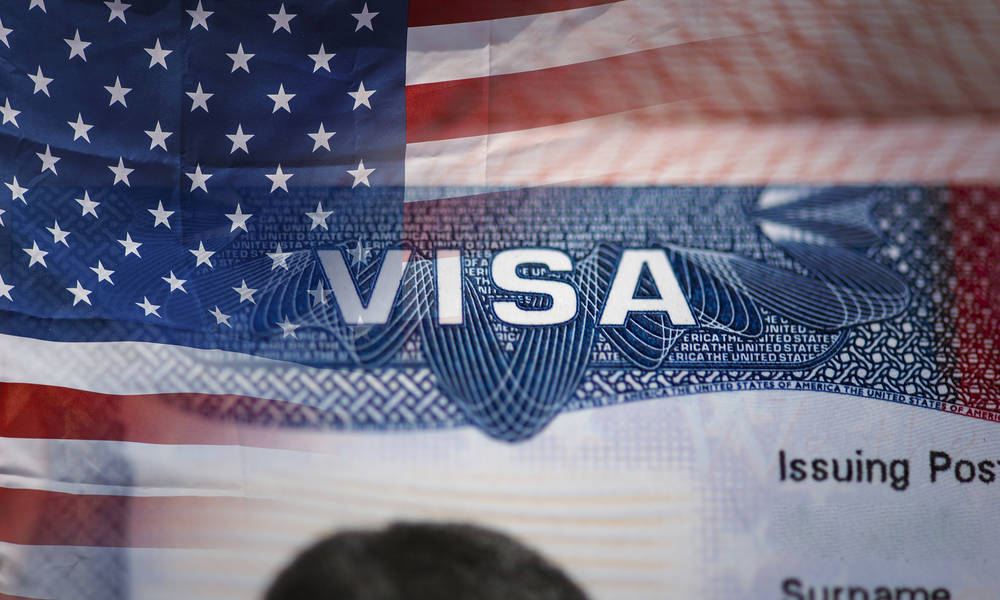
Visit U.S. Coalition Comments on Proposed Stricter Visa Screening
Proposed new rules for screening of visa applicants would intensify scrutiny of their social media histories and other personal details. The Visit U.S. Coalition is concerned they will negatively affect inbound travel and harm U.S. economic interests.
On May 29, ASAE and other members of the Visit U.S. Coalition jointly submitted comments on the State Department’s plans to heighten its scrutiny of U.S. visa applicants’ social media histories, a move that would affect more than 14 million people a year.
The proposed new rules from the State Department would require visa applicants to disclose details about their Facebook, Twitter, Instagram, and other social media accounts, as well as provide telephone numbers, email addresses, and travel history for the past five years. They would also have to state whether they have ever been deported from a country and if they have any relatives who have been involved in terrorist activity.
The organizations in the Visit U.S. Coalition agree that safeguarding national security should be a priority but are concerned that the “enhanced vetting” questions proposed by the administration do not strike a proper balance and will negatively affect inbound travel and harm America’s economic interests.
“Our organizations respectfully advise that the Department not proceed with mass collection of information about applicants’ social media use and other requested private information without understanding the incremental benefit and determining clear mechanisms to measure effectiveness, and formalized means of using and securing the information,” the Visit U.S. comments said [PDF]. “At a minimum, we would like to work with the Department on a compromise proposal.”
The organizations also contend that the proposed expansion of “enhanced vetting” from roughly 70,500 “threat profile” applicants to all estimated 14 million nonimmigrant visa applicants poses significant Paperwork Reduction Act difficulties.
The Visit U.S. Coalition was formed earlier this year to advance policy recommendations aimed at reversing the decline in inbound travel to the United States. Research prepared by the U.S. Travel Association shows that while global travel has increased 7.9 percent from 2015 to 2017, the U.S. market share has fallen from 13.6 percent to 11.9 percent over the same period. That decline in international travel has resulted in a loss of $32.2 billion in visitor spending and 100,000 hospitality jobs.
(AlxeyPnferov/iStock/Getty Images Plus)






Comments